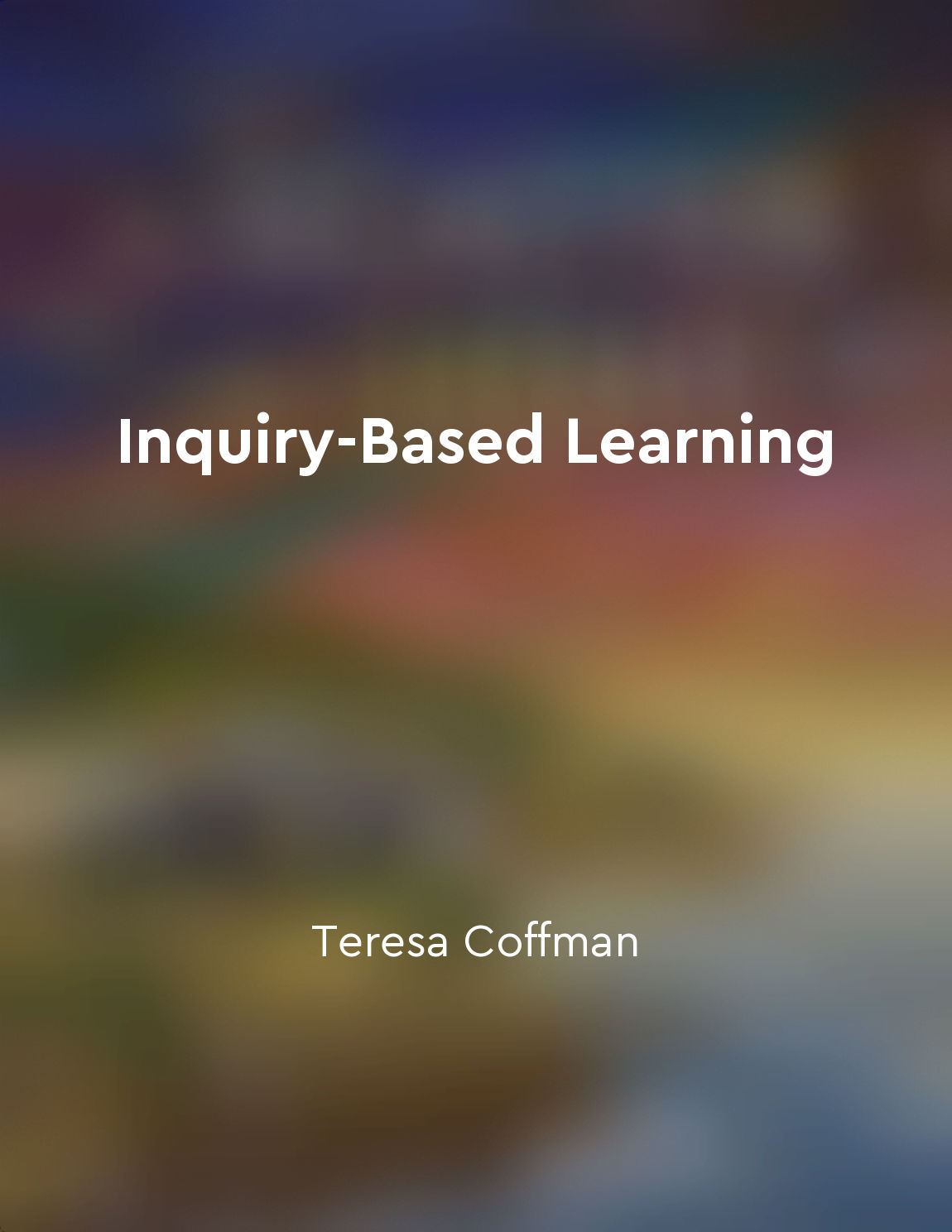Action research builds a learning community from "summary" of Action Research for Educational Change by John Elliot
Action research is a process that involves a group of individuals working collaboratively to identify and address issues within their educational setting. This process not only leads to positive changes within the organization but also fosters a sense of community among its members. By engaging in action research, individuals are able to come together to explore, reflect on, and ultimately improve their practice. As individuals engage in the action research process, they are able to share their ideas, insights, and experiences with one another. This sharing of knowledge helps to build a sense of trust and collaboration within the group. By working together towards a common goal, individuals are able to support one another in their efforts to bring about positive change. In addition to fostering collaboration, action research also promotes a culture of continuous learning within the organization. Through the process of reflecting on their practice and engaging in meaningful dialogue with their peers, individuals are able to deepen their understanding of the issues at hand. This process of learning and reflection not only benefits the individuals involved but also contributes to the overall growth and development of the organization as a whole. Furthermore, by engaging in action research, individuals are able to see the impact of their efforts in real-time. This tangible evidence of progress serves to motivate and inspire individuals to continue their work towards bringing about positive change. As individuals witness the positive outcomes of their actions, they become more invested in the process and more committed to working together towards a common goal.- Action research serves as a catalyst for building a learning community within an educational setting. By engaging in the process of collaborative inquiry, individuals are able to come together to address issues, share knowledge, and support one another in their efforts to bring about positive change. Through this process, a culture of continuous learning and improvement is fostered, leading to a more effective and resilient organization.
Similar Posts
Networking with peers and mentors
Networking with peers and mentors is an essential aspect of preparing for any competitive exam. Peers can provide valuable insi...
Balance work and personal life effectively
Finding balance between work and personal life is a challenge that many of us face. It can be difficult to juggle the demands o...

Understanding the unconscious mind is key to transformation
To truly transform our lives and the lives of others, we must delve deep into the unconscious mind. This is where our beliefs, ...
Stay true to yourself
Staying true to yourself is about honoring your values, beliefs, and dreams. It's about being authentic and genuine in all that...

Surround yourself with supportive people
Building a supportive network is crucial on our journey of growth and self-love. Surrounding ourselves with people who uplift a...

Building a supportive learning community is crucial
Creating a supportive learning community is essential for successful inquiry-based learning. When students feel supported by th...

Listen more than you talk
The ability to listen is a powerful tool in any conversation. When we listen more than we talk, we are able to truly understand...
Foster a culture of collaboration and teamwork
To build a culture of collaboration and teamwork within an organization is to create an environment where individuals work toge...
Foster a culture of experimentation and innovation
Creating an environment that encourages experimentation and innovation is crucial for any organization striving to stay ahead i...
Fostering effective communication skills
Developing effective communication skills is essential for individuals to thrive in today's complex and interconnected world. C...

